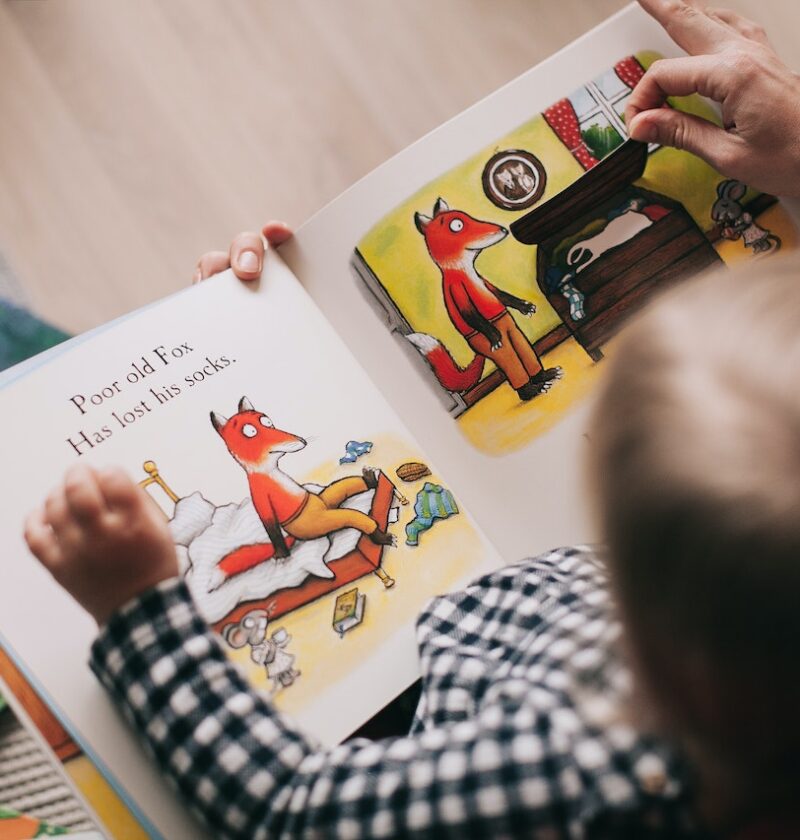What’s the difference between getting a nanny and sending your kids to daycare? Nannies cost a lot more money and can be demanding, but in some ways they’re much better for the kids.
For most parents, the choice is not between nannies and daycare; it’s between nannies or nothing. Very few people have the support network, financial resources, or partner to help with child care on a regular basis.
Having kids in daycare is not what most families want, the only advantage is that it’s cheaper than having them in a nanny or au pair. If your family has the resources you’ll want your children to have special attention.
Read on for the difference between the two and decide for yourself.
The Difference Between A Nanny And Daycare
There are many differences, but the biggest one is permanence. With daycare, you’re looking at a short-term commitment to care for your kids while you work.
Generally you’ll be contracting for three or six hours a day, five days a week, for as long as you need it. Nannies, on the other hand, often work closer to 40 hours per week. They live with the family and are on call 24/7. They’ll be there if your kid runs a fever or has a bad dream.
If your kid gets sick at school and you have to pick him up, a nanny can help. A daycare staff won’t be there when you come home from work.
How Much Do Nannies Cost?
Nanny wages are notoriously hard to pin down, but in general you should expect to pay upwards of $30 per hour for a live-in nanny or $20 for a day nanny. With the best caretakers, you’ll want to budget $10,000 per year or more. That’s a lot of money, but it’s also not just a one-time payment.
Nannies are share your household’s expenses like rent, food, utilities and so on. They have a vested interest in keeping your house and your kids happy so they stay employed there.
That’s the big difference between nannies and daycare: nannies are long-term investments. You’ll pay a lot upfront, but you’ll get years of care out of them.
What Are The Benefits Of Hiring A Nanny?
Long-term commitment. Nannies can be with your family for years, even decades. This lets you be flexible with your hours and makes it easier to return to work after taking time off to care for a new baby or sick family members.
Staff can help you with everything from homework to after-school activities and you can still feel like you’re actively involved in your kid’s lives. One-on-one attention. Kids love attention, and a nanny is an individual who will be focused on them.
This is especially true with live-in nannies. A daycare center will be busy with multiple kids; a nanny can provide one-on-one attention that’s impossible at a daycare.
Drawbacks Of Nannies
Nannies can be demanding. This is especially true with live-in nannies who are literally in your house and who, by definition, are a demanding breed by nature.
If you’re the type of person who needs to feel in control at all times, a nanny who’s always taking the initiative might not be for you. They can be expensive.
Nannies are definitely an investment. You’ll want to budget $10,000 to $20,000 per year for a live-in nanny, and day nannies will generally cost you in the $20 to $30 per hour range.
Alternatives To Nannies: Daycare and Au Pairs
Kids love daycare. This may surprise you, but kids love to be around other kids. They feed off each other, and a well-run daycare center is an amazing place for young kids.
It’s an incredibly safe environment and a great place for them to learn, play and make friends. It’s also a cheap way to get a break from your kids and have an adult-only time while they’re in daycare.
Daycare is low-cost, reliable and flexible. You can drop off your kids on your way to work and pick them up on your way home.
You can drop them off whenever you want, as often as you want, for as long as you want. Daycare is a great option for parents who want a break, want to work late or are new to a job and need to work during regular hours.
Conclusion
Kids need attention, love and care from adults. They also need stimulation, creativity and play. It’s possible for a single parent, two working parents or a stay-at-home parent to give their children all of these things.
Parents who have a strong support network and a flexible schedule can get child care without hiring a nanny. People who don’t have that support network and flexibility, however, have to make a choice: get help with child care or be with their kids all the time.
For most parents, the choice is not between nannies and daycare; it’s between nannies or nothing. Very few people have the support network, financial resources, or partner to help with child care on a regular basis.
Having kids in daycare is not just cheaper and easier than having them in a nanny or au pair – it’s almost inevitably what every parent has to do to continue working outside the home.







